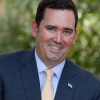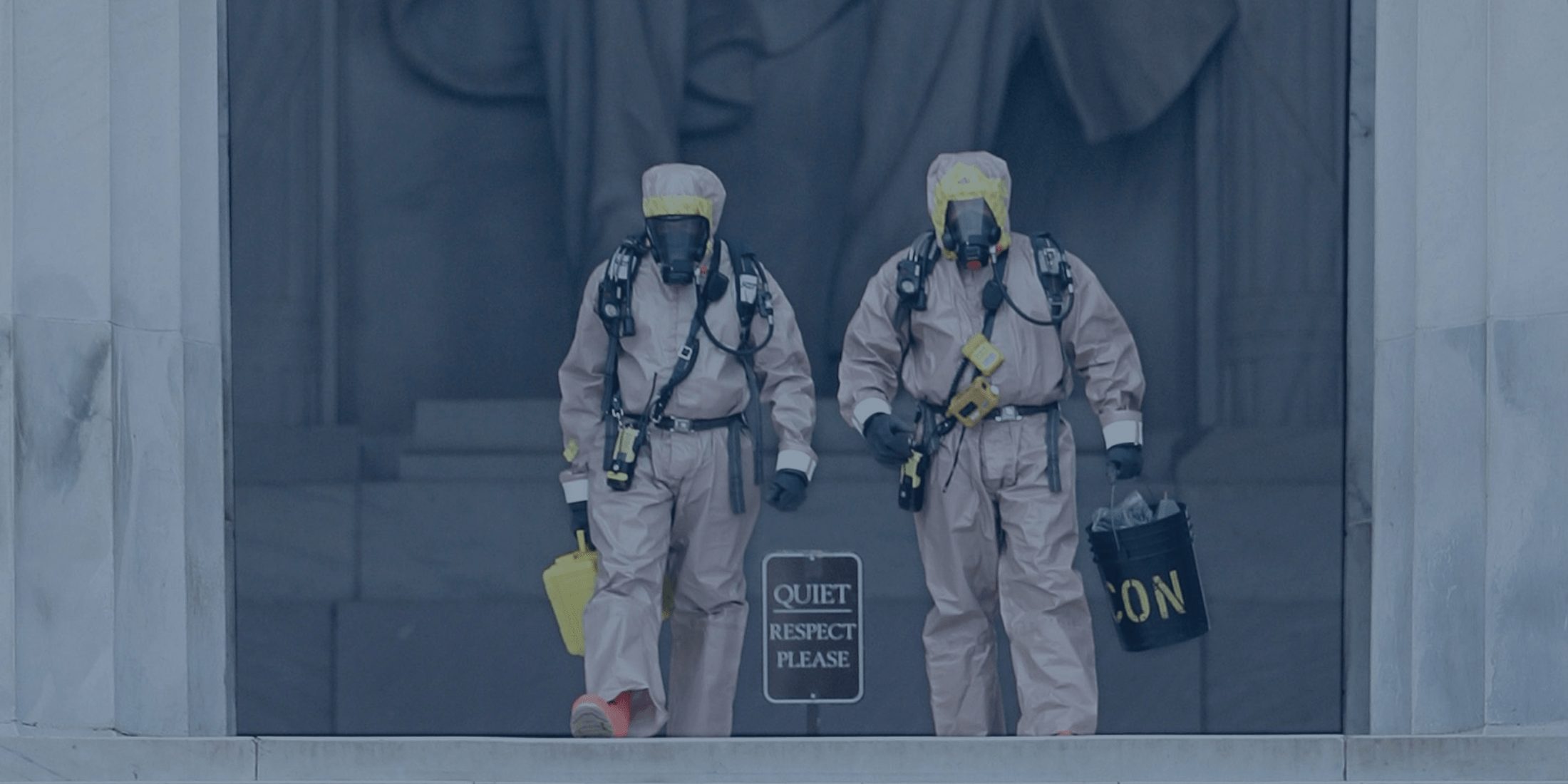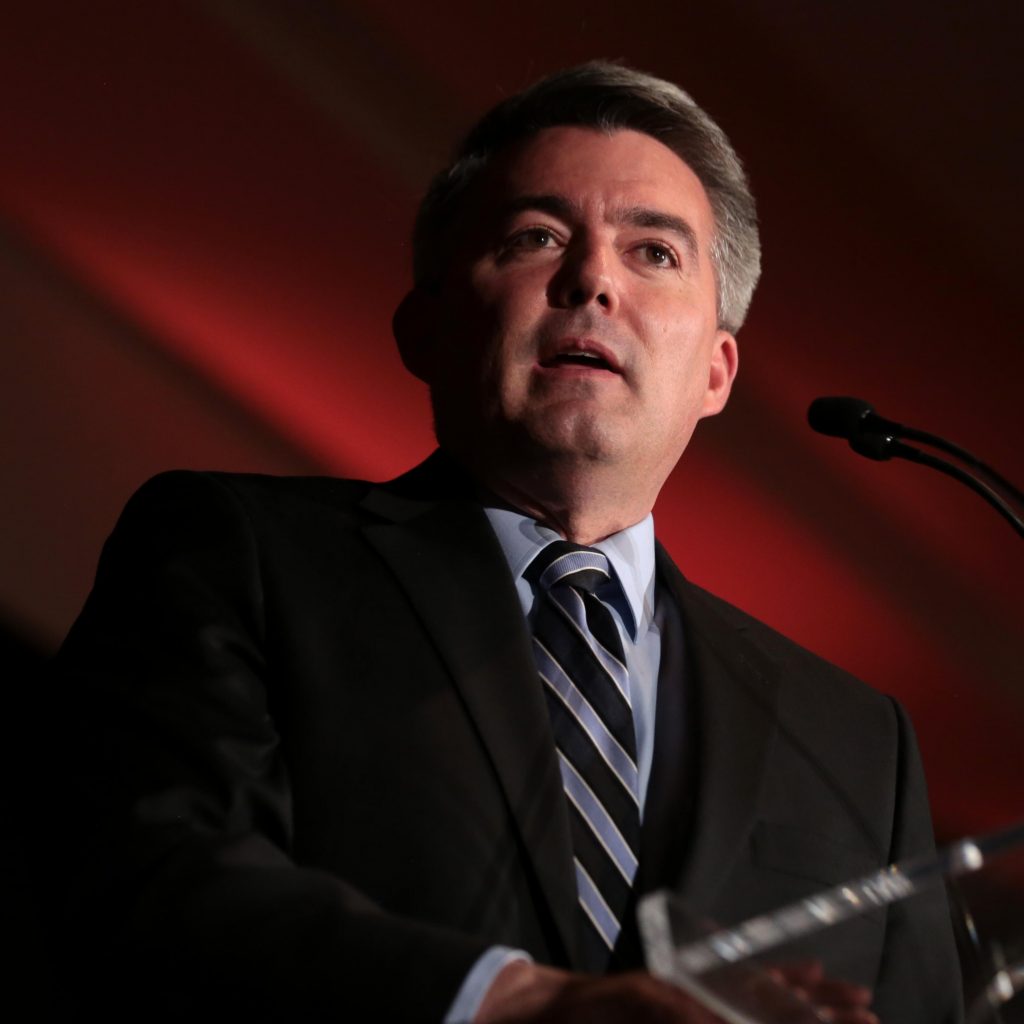
Colorado Sen. Cory Gardner said this morning that he doesn’t want people to play politics with the coronavirus outbreak. He did so while ignoring the massive public health budget cuts in recent years and his own history of using the Ebola outbreak for political gain.
Earlier today on KOA 850-AM, Gardner dismissed a question asking about Trump administration cuts to the public health funding at the Center for Disease Control (CDC) and National Institute of Health.
GARDNER: “Congress has funded CDC and NIH robustly over the past several years. I don’t want people to play partisanship on this and I hope you don’t see people go to their political corners because there’s an election eight months from now either to create some kind of a panic or because they want to put on their Democrat or Republican shirts.”
But Gardner’s statement is contradicted by news reports on cuts to public health funding, particularly at the CDC.
The Washington Post detailed drastic CDC cuts in an article titled, “CDC to cut by 80 percent efforts to prevent global disease outbreak.” It noted that “countries where the CDC is planning to scale back include some of the world’s hot spots for emerging infectious disease, such as China….”
More recently, Foreign Policy magazine noted that the cuts to the CDC were so severe that “much of its staff was laid off and the number of countries it was working in was reduced from 49 to merely 10.”
Just a couple months later in May of 2018, the article continues, “Trump ordered the NSC’s entire global health security unit shut down.”
Gardner Silent While CDC Budget Slashed
Today Gardner is tweeting out letters he has written since the outbreak began, requesting full funding for the Center for Disease Control’s coronavirus efforts.
However for the last two years, while the Trump administration slashed Obama-era programs and staff specifically designed for world health crises such as this, Gardner hasn’t sent letters or objected in any way to any of the cuts.
Furthermore, Gardner has–for a decade–consistently voted to cut public health and pandemic response funding from the federal budget.
In July 2017, Gardner voted for the Health Care Freedom Act, also known as the “skinny repeal,” which in addition to gutting Obamacare, would have eliminated the CDC’s Prevention and Public Health Fund for 2019 and beyond. The skinny repeal failed, in part, thanks to the late Sen. John McCain’s (R-AZ) against it.
Lest anyone argue the public health funding was just collateral damage in Gardner’s vote to repeal the Affordable Care Act, five years earlier Gardner voted for a much narrower piece of legislation that targeted only the CDC’s public health funding. According to Congressional Quarterly, he voted to “repeal the Prevention and Public Health Fund established by the health care overhaul law…and rescind any unobligated funds.”
Yesterday, prior to announcing that it would place the responsibility for a solving a deadly international pandemic in the hands of a man who infamously refused to distribute clean needles during an HIV outbreak that ultimately infected over 200 of his constituents, the Trump administration held a closed-door briefing for numerous senators, including Gardner.
Gardner’s public statement following the briefing gave no indication that he was concerned about the Trump Administration’s response:
His “I stand ready” take stood in stark contrast to the reaction of many of his colleagues, both Republicans and Democrats, who didn’t hold back their concerns. As reported by CPR’s Caitlyn Kim:
“Colorado Sen. Michael Bennet was underwhelmed by a closed-door briefing on the Trump Administration’s response to the COVID-19 virus outbreak. The Democrat said in a statement that the administration’s response to the growing global health crisis has been “pitiful” and “lacks a clear and comprehensive strategy to address this challenge.”
The skepticism extended across party lines. Republican Sen. John Kennedy of Louisiana said after the briefing, “I was not impressed.” And Democratic Sen. Patty Murray of Washington said, “I am very concerned that we are not prepared for this or for anything like it in the future.”
Sen. Richard Blumenthal (D-CN) was even more blunt:
In budget discussions later in the day, the White House proposed an appropriation of nearly $2 billion, including $538 million transferred from current efforts to fight Ebola in Africa.
House Republicans publicly decried the amount as insufficient and the sourcing as unwise. House Republican Leader Kevin McCarthy suggested doubling the amount.
Here in Colorado, however, Gardner says funding is robust, and he doesn’t want anyone to politicize this crisis.
It’s worth noting that the last time Gardner was running for office, he was strongly criticized by Politifact for politicizing a public health crisis, specifically the Obama administration’s response to Ebola.
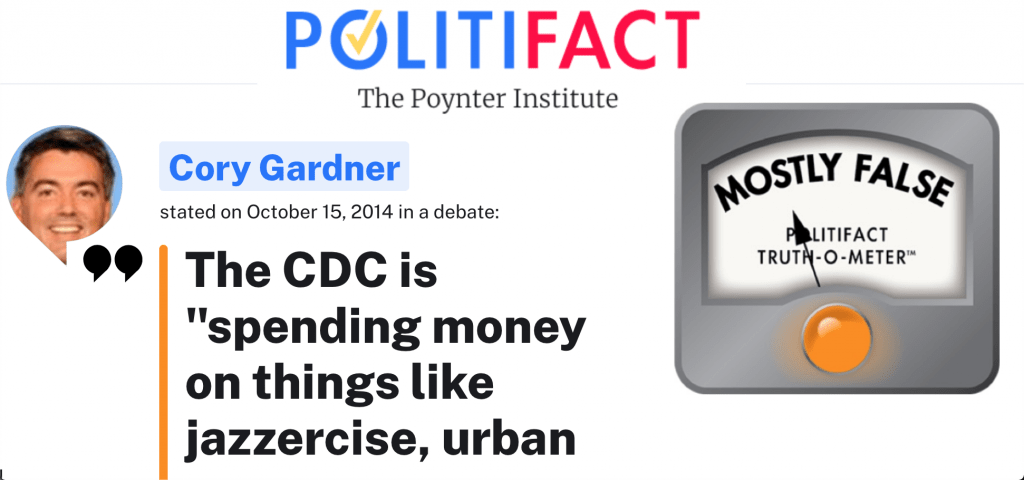
Republicans and Democrats Several of expressed concern about the country’s increased vulnerability to pandemics long before the coronavirus outbreak.
The Center for Strategic & International Studies’s Commission on Strengthening America’s Health Security, which includes two Senators and four Representatives, half Republicans and half Democrats), released a report last November outlining several steps needed to keep America safe. It did not pull punches:
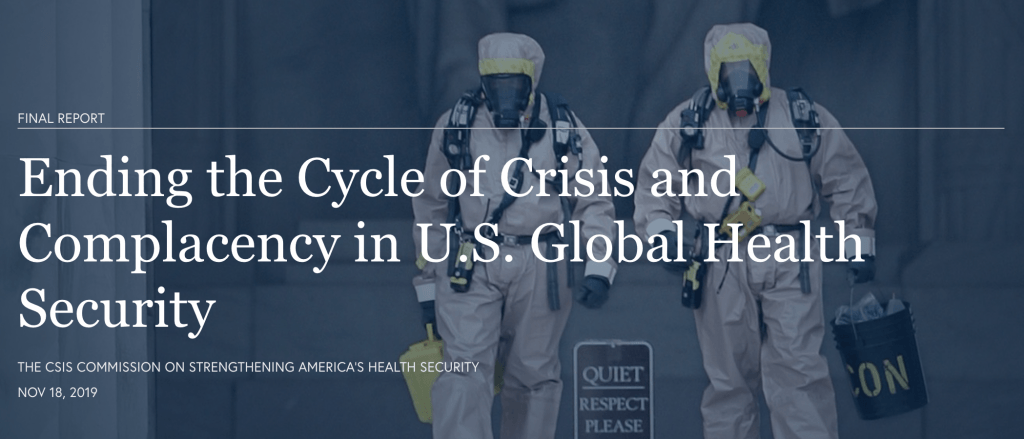
“In reality, the American people are far from safe. To the contrary, the United States remains woefully ill-prepared to respond to global health security threats.”
Its first two recommendations were direct responses to Trump administration rollbacks: 1. Restore health security leadership at the White House National Security Council; 2. Commit to full and sustained multi-year funding for the Global Health Security Agenda.
An email requesting comment on the apparent disparity between Gardner’s statements about “robust funding” and drastic CDC budget cuts was not immediately returned.
